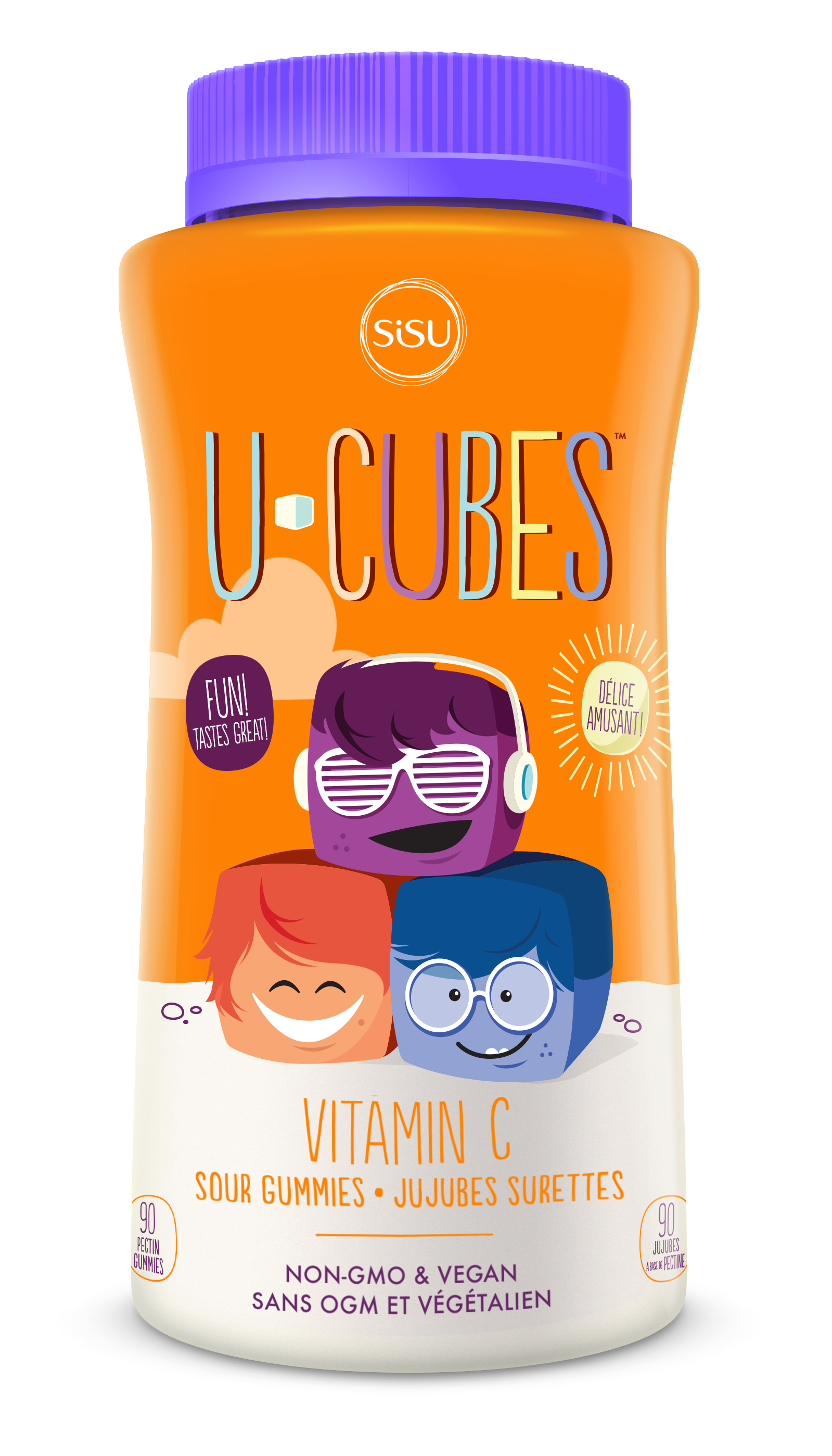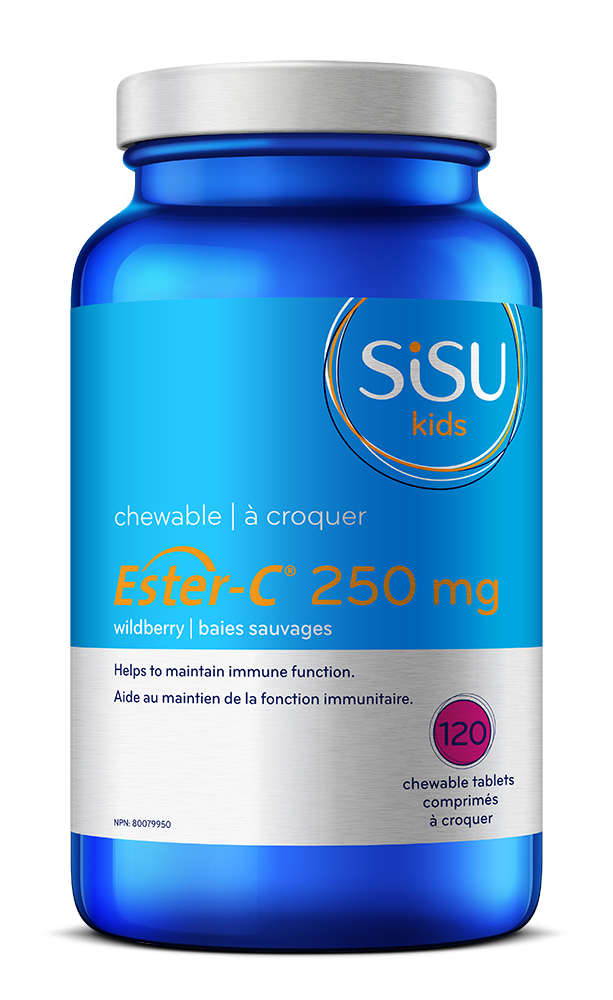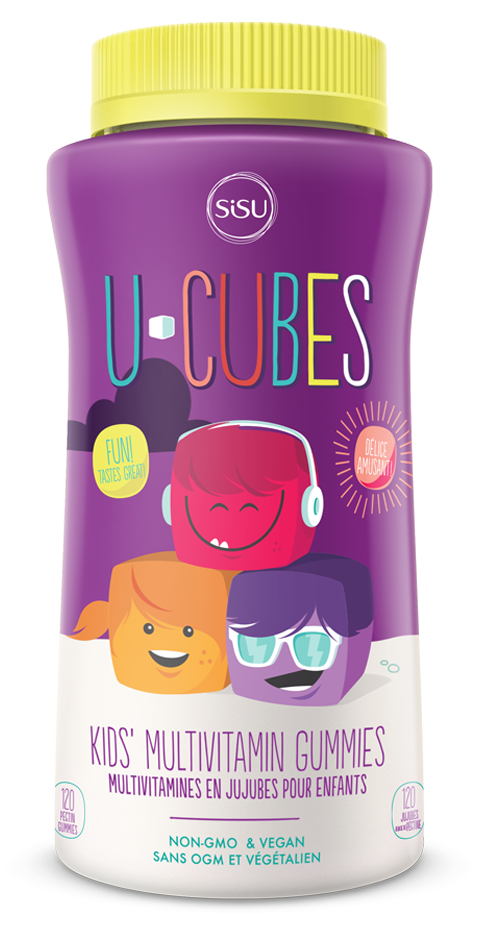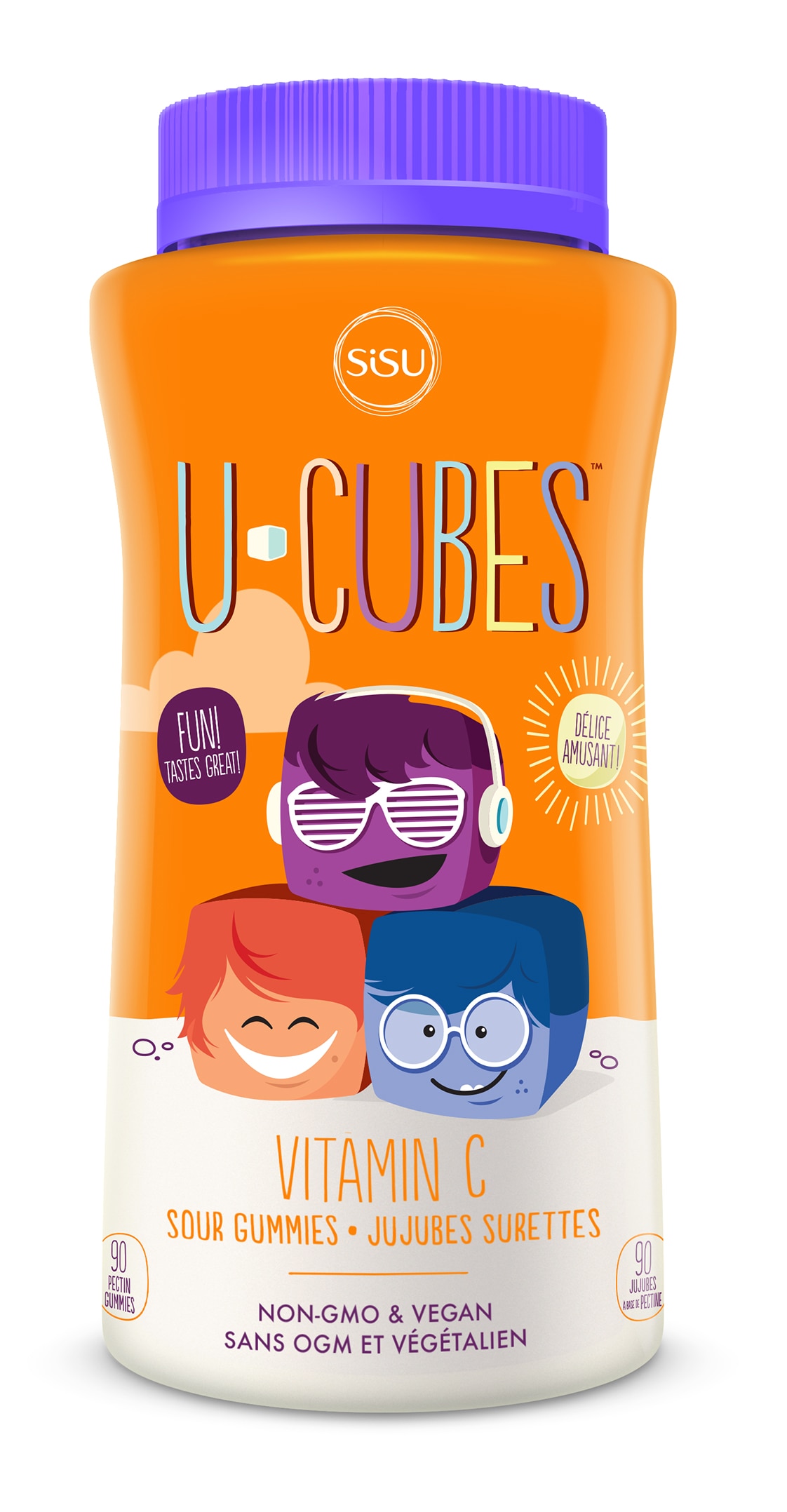

It’s that time of year again! Kids are heading back to school and with that comes exposure to more germs. Luckily, we know some immune supporting tips for kids to help your family get through the cold and flu season this year.
Why Your Kids Catch More Bugs This Time of Year
According to John Hopkins Medicine, elementary school children get an average of 6-8 colds per year.1 Most of these colds occur in the Fall and Winter months. Why is this the case? Well, there are a few factors involved.
1. Exposure to a new environment
Kids are entering an environment they haven’t been in for months. Schools can contain environmental triggers like dust mites, chemicals and germs that can add extra work for the immune system.
2. Spending more time indoors
As the weather gets cooler, kids spend more time indoors in close contact with each other. This allows bugs to spread more easily.
3. A change in seasons
With a change in season comes a change in allergen exposure. Kids that are susceptible to environmental allergens or asthma can have flare-ups that may tax their immune system.
4. Reduced good hygiene practices
There are so many exciting distractions for kids returning to school and proper hygiene often goes out the window. They no longer have you there to remind them to wash their hands or cover their coughs.
5. A change in diet
It can be more difficult to ensure your kids are eating nutritious food when they go back to school. Cafeteria food and shared snacks with friends sometimes don’t meet your nutritional standards for your little one. Good nutrition is important to help maintain and support gut health, and gut health plays a large role in immune system function.
The Connection Between Gut Health and the Immune System
The digestive system and the immune system have a close relationship. In fact, 70% of the body’s immune cells are found in the gut. These immune cells are collectively known as gut-associated lymphoid tissue (GALT).2 GALT is largely responsible for defending the body from germs entering through the food and water we consume.
The gut not only houses immune cells, its microflora can help mature the immune system and expand the size and function of GALT.2 An imbalance in microflora within the gut can potentially affect the beneficial relationship between the digestive system and immune system.
How to Support Gut Health for a Healthy Immune System
What we eat and drink can affect the health of the digestive tract and immune health. Try incorporating the following tips in lunches and meals to help boost immune support in kids.
1. Increase prebiotic foods
Prebiotics are special plant fibers that help feed the gut’s microbiome and support healthy gut flora. Rich sources of prebiotics include artichokes, garlic, onions, legumes, asparagus, leeks, bananas, apples, oats and prebiotic supplements.
Cooking with onions and garlic or making morning oatmeal with banana and apple can be easy ways to add more prebiotics to kid’s meals.
2. Add fermented foods
Naturally fermented food contains beneficial bacteria that can help replenish healthy gut flora. Sources of probiotics include yogurt, sauerkraut, kefir, tempeh, miso, kimchi, natto and probiotic supplements. Serving yogurt and berries for breakfast or adding miso to soups and sauces can help get fermented food into picky eaters.
Probiotic supplements can also help maintain a healthy gut flora. Sisu’s Kids dophilus plus chewable contains specially chosen strains of bifidobacteria and lactobacilli to help support gastrointestinal health.
3. Eat the rainbow
Incorporating plenty of colourful fruits and vegetables can provide the body with antioxidants to support both digestive and immune health. Not only that, many of these fruits and vegetables are rich sources of vitamin C, which is a great immune support for kids.
Try incorporating a fruit or vegetable from each colour group into healthy school lunches and snacks.
| Red Food | Radishes, strawberries, raspberries, beets, tomatoes, etc |
| Orange Food | Carrots, yams, pumpkin, apricots, squash, oranges, etc |
| Yellow Food | Zucchini, squash, banana, lemon, pineapple, peppers, etc |
| Green Food | Green leafy vegetables, avocado, kiwi, cabbage, peas, etc |
| Blue Food | Blueberries, blue corn, blue potatoes, etc |
| Purple Food | Eggplant, passionfruit, blackberries, redbor kale, cabbage, etc |
4. Go for whole grains
Skip the refined carbs and go for whole grains instead. Refined carbs like white bread, potato chips and white rice are lacking in nutrients and can negatively affect blood sugars.
Choosing whole grain options like brown rice, whole wheat, buckwheat or quinoa can provide more nutrients and help maintain gut health.3
Other Ways to Support the Immune System
1. Practice personal hygiene
Frequent hand washing with warm soapy water can help reduce the spread of germs.4 Also, keeping hands away from the eyes, nose and mouth can help prevent the entry of germs into the body.
2. Rest
Studies have shown that proper sleep and circadian rhythm have a strong influence on immune function.5 Current Canadian sleep guidelines recommend 9-11 hours of sleep for school-aged children aged 5-13 years.6
3. Exercise
Regular exercise can be a supportive tool to help strengthen the immune system.7 The Canadian 24 Hour Movement Guidelines recommends at least 60 minutes per day of moderate to vigorous physical activity and several hours per day of light activity for children and youth aged 5-17 years.8
4. Supplement
It can be difficult to reach daily nutrient requirements with diet alone. That’s why supplementing can help support the immune system in kids. The most important nutrients for immune health include zinc, selenium, copper, folic acid, iron and vitamins A, B6, C, D and E.9,11
Vitamin C
Vitamin C is non-negotiable when it comes to immune health. Vitamin C is a natural antioxidant that can help provide immune support for kids. Studies have shown that supplementing with vitamin C appears to both prevent and treat respiratory infections.10
Looking for a quality Vitamin C supplement? Try one of ours.
Multivitamins
The best vitamins and minerals for kids immune support include zinc, selenium, copper, folic acid, iron and vitamins A, B6, C, D and E. These nutrients help the immune system by acting as antioxidants, supporting immune cell activity and aiding in antibody production.9 A broad-spectrum multivitamin would be able to cover your bases for immune-supporting nutrients.
Looking for a high-quality kids multivitamin? Try one of ours.
Feel Confident This Cold & Flu Season
As kids get ready to go back to school, there are a few actions you can take to help support their immune systems and feel confident heading into the cold and flu season. Supporting digestive health, practicing good hygiene, getting adequate rest and exercise, and supplementing with vitamin C and multi’s can all support healthy immune function.
To add more quick health and wellness tips to your feed, follow us on Instagram (@sisuvitamins) and TikTok (@sisuvitamins)
Always read and follow the product label. Products may not be suitable for everyone.
1 https://www.hopkinsmedicine.org/health/conditions-and-diseases/upper-respiratory-infection-uri-or-common-cold
2 https://www.sciencedirect.com/topics/medicine-and-dentistry/gut-associated-lymphoid-tissue
3 https://www.hsph.harvard.edu/nutritionsource/what-should-you-eat/whole-grains/
4 https://www.canada.ca/en/public-health/services/healthy-living/hand-hygiene.html
5 https://www.ncbi.nlm.nih.gov/pmc/articles/PMC3256323/
6 https://www.canada.ca/en/public-health/services/publications/healthy-living/canadian-children-getting-enough-sleep-infographic.html
7 https://www.ncbi.nlm.nih.gov/pmc/articles/PMC7387807/
8 https://csepguidelines.ca/guidelines/children-youth/
9 https://www.hsph.harvard.edu/nutritionsource/nutrition-and-immunity/
10 https://www.ncbi.nlm.nih.gov/pmc/articles/PMC5707683/
11 https://www.ncbi.nlm.nih.gov/pmc/articles/PMC6834330/






